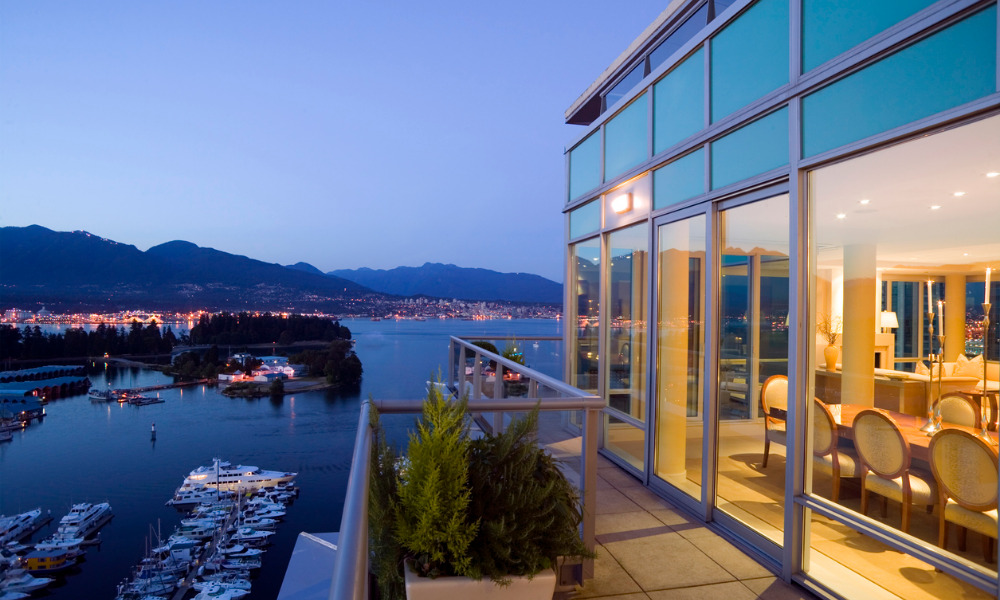Research from university of British Columbia shines a light on 'total failure of progressivity'

Owners of Vancouver houses worth $3.7 million only pay $15,800 in income tax, according to recent research from UBC's Sauder School of Business.
The recently published study in the Canadian Tax Journal examined the amount of taxes that non-corporate owners of homes in urban regions pay. The data included information from the U.S. and Canadian censuses as well as the Canadian Housing Statistics Program.
“They’re sitting on some of the most expensive real estate in North America, but owners of the priciest properties in Vancouver are paying extraordinarily little in income tax,” said UBC Sauder associate professor Thomas Davidoff. Davidoff co-authored the study with Dr. Paul Boniface Akaabre from UBC’s school of community and regional planning and Dr. Craig Jones from UBC’s department of geography.
The median income tax paid by owners of the top 5% of homes in Greater Vancouver in 2018 was only $15,800, or 0.42% of their home's worth --- a median value of $3.7 million. Owners of Vancouver homes with a median value of $984,000 paid $12,500 in income tax, or 1.37% of their home's worth, in contrast to less than a quarter of the top tier.
In Toronto, where the top 5% of properties had a median value of $1.8 million, the median income taxes homeowners paid were $30,700, or 1.69 % of the property value, which is more in line with other North American cities.
“That people who own $3.7 million-dollar homes pay that little in yearly income tax is a total failure of progressivity,” Davidoff said, remarking that people are not paying their fair share of income taxes even as they rake in millions in the cities' soaring real estate markets.
Progressive taxation, where individuals with more wealth pay more in income tax, property tax, and other wealth-based taxes, is commonly preferred in Vancouver and Toronto. A relatively low minimum income tax, as recommended by the study's authors, might bring in a sizable revenue for cities.
According to Davidoff, an average of $40,000 a year on each property or $25,000 more than what the average top-tier owner is presently paying would be generated if lawmakers imposed a minimum income tax rate of 1% of that property’s value. Just one-half of the top 5% of properties would account for $750 million in revenue if the City of Vancouver collected $25,000 from 30,000 expensive homes.
Meanwhile, Davidoff says there is little evidence that long-time homeowners make up a significant portion of those paying low-income tax. However, to avoid hurting low-income seniors, the tax could be restricted to those under 65 or based on the home's original purchase price rather than market value.
Political support for new taxes might be difficult to get, but there is a general feeling of injustice and support for change when it comes to housing, Davidoff added. With BC's new premier, the public could be open to a different approach given the recent election of new mayor in Vancouver and other significant metropolises.



